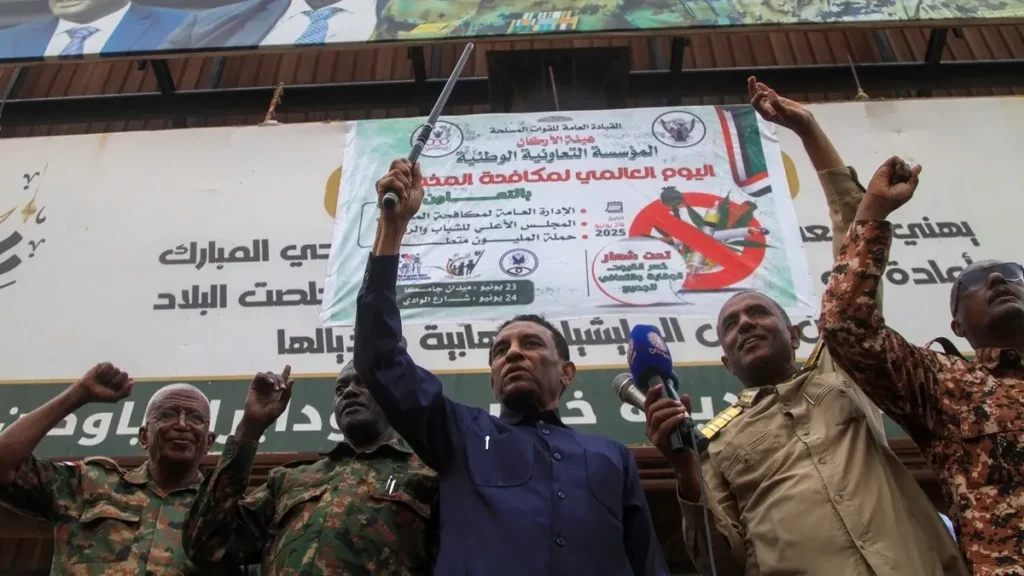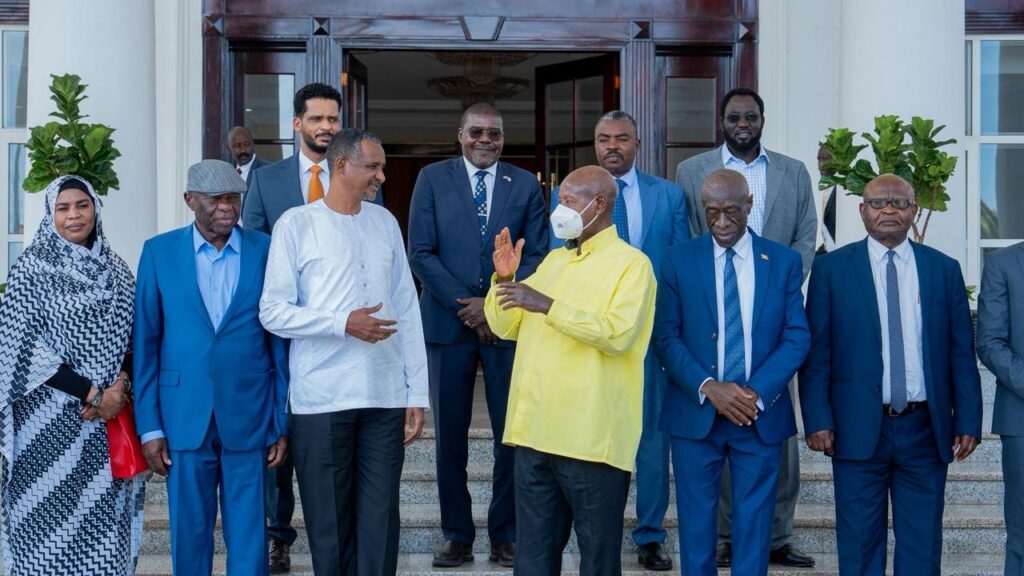
Sudan’s economic experts downplayed a 10-point package approved on Wednesday by an emergency committee chaired by Port Sudan SAF junta appointed interim Prime Minister Kamel Idris to steady the pound and tighten trade controls, calling it a repeat of policies that have failed before.
The pound has slid relentlessly since the war began in April; the parallel-market rate neared 3,400 per U.S. dollar on Thursday, about a 700% deterioration since the conflict started.
The measures include curbs on imports that bypass banking rules, stepped-up anti-smuggling operations, closer tracking of exports to stem gold leakage, consolidating state control over buying and marketing gold, a digital platform to monitor imports, a review of export policies and unlawful levies, a revisit of Cabinet Decree 154 on vehicle imports, and action against informal “pallet” imports at ports and crossings.
Economist and columnist Khalid Al-Tijani told Radio Dabanga the plan is “old wine in new bottles,” noting similar emergency committees under former dictator Omar al-Bashir. He argued Sudan lacks a coherent economic program anchored in credible institutions, not ad-hoc security or administrative fixes.
Al-Tijani warned reliance on gold is risky and past attempts at monopolizing it failed. He urged diversifying revenues via agriculture and livestock, boosting exports to cut the trade gap, and tackling inflation driven by money printing to finance deficits, bloated public spending, and corruption. He called for a long-horizon macro plan, targeted social protection, spending restraint, and policies that reward production while limiting non-essential imports.
Economist Haytham Fathi also criticized the package as “old-new” and misaligned with the scale of the crisis. He said making a single entity the sole gold marketer has been tried twice without success, in part because about 80% of output comes from diffuse artisanal mining that is hard to police. He backed a fair, transparent pricing mechanism tied to global benchmarks and the creation of a Sudan commodities exchange to reduce smuggling in a vast country with porous borders.
Idris defended the decisions in a joint interview with the state news agency, radio and television, saying clamping down on gold and resource smuggling will capture revenues now lost illicitly, support the treasury, and help stabilize the currency. He appealed for full cooperation from state bodies and citizens to implement the rules.




